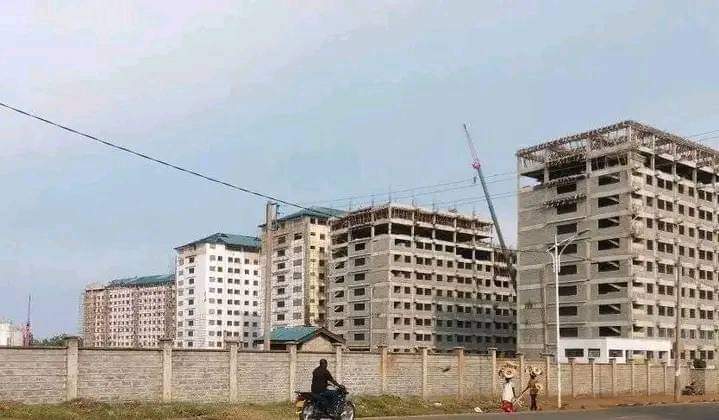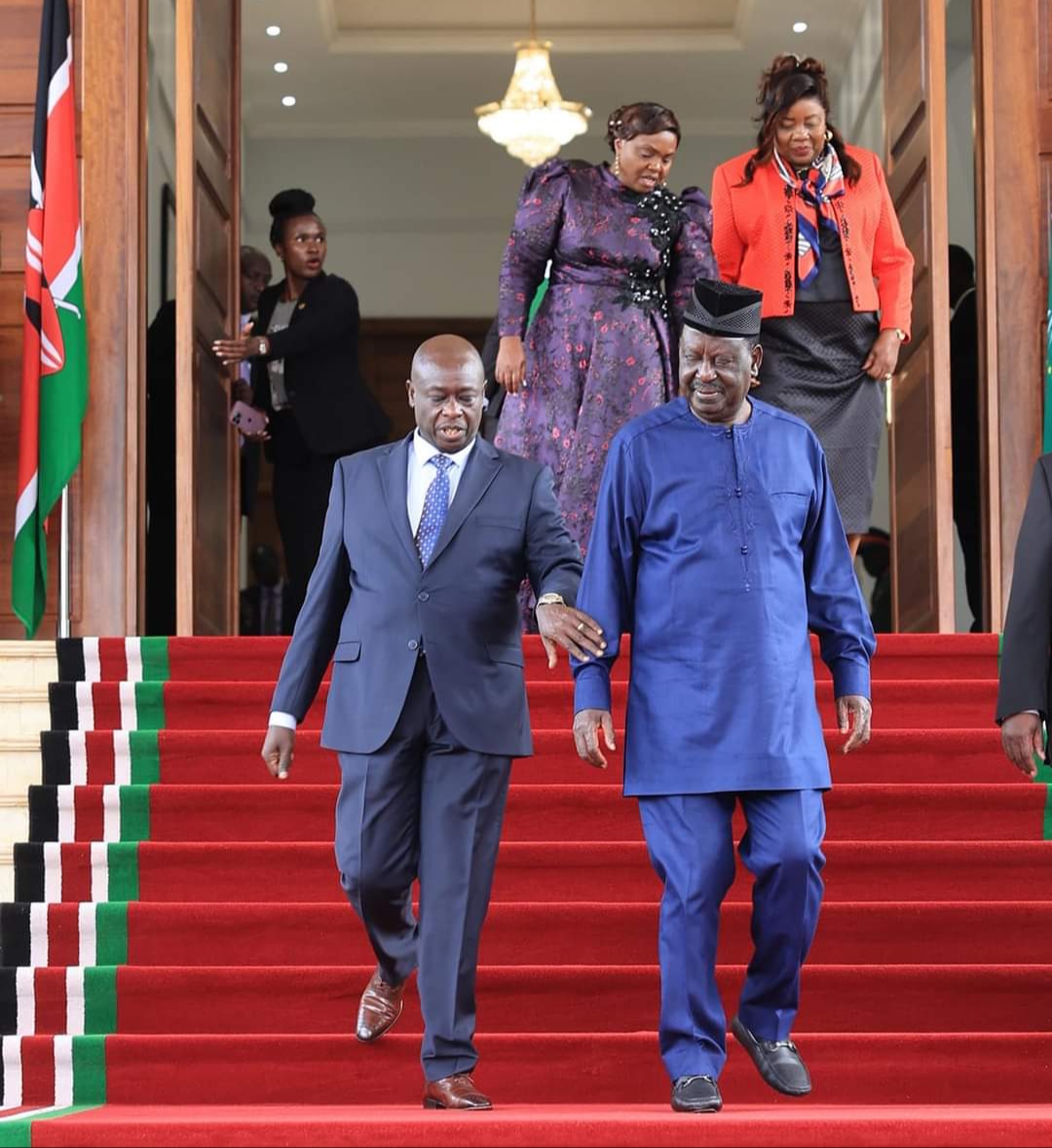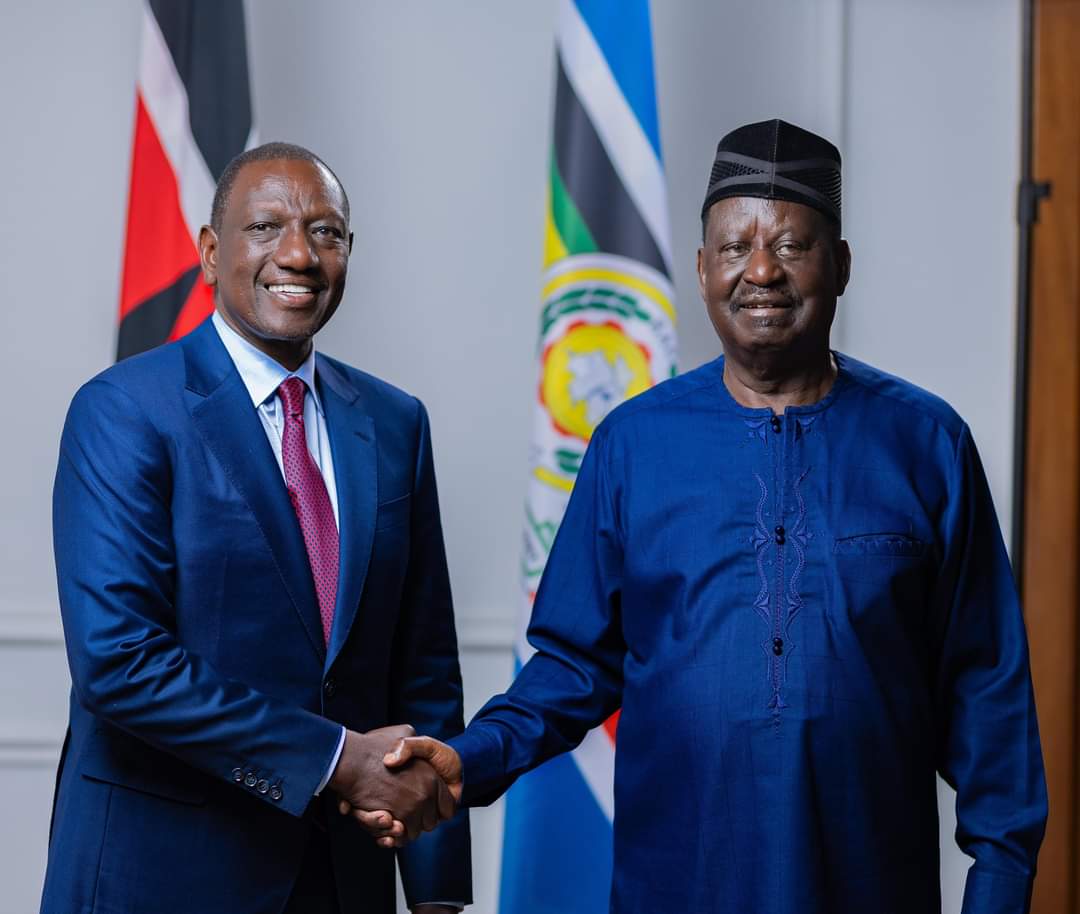The Kenyan government is committed to creating a better future for its citizens by focusing on initiatives that directly benefit the people.
A key pillar of this commitment is the Affordable Housing Program, a flagship project that promises not just to build houses but to improve the quality of life for many Kenyans.
Basic Scope of the Lumumba Affordable Housing Project
At the centre of this initiative is the Lumumba Affordable Housing Project, a transformative development in Kisumu Central Constituency, Kisumu County.
Situated on land previously occupied by dilapidated housing, this ambitious project will deliver 2,384 residential units.
Representing a significant investment in the community, the project has a total cost of KSh 5.75 billion and includes a mix of social housing, affordable housing, and market-rate housing to cater to various income levels.
The Lumumba project emphasizes more than just constructing buildings; it’s about creating a sustainable and inclusive urban environment.
By integrating residential units with essential amenities such as waste management systems, guard houses, play areas, and parking spaces, the project enhances the quality of life for its residents.
Its strategic location near schools, commercial centers, and healthcare facilities ensures a comprehensive living experience.
Ultimate Catalyst for Economic Growth
A critical aspect of the Lumumba project is its potential to drive economic growth. The construction phase is generating substantial employment opportunities, with an average of 92 laborers working on-site daily.
These jobs support the local economy and provide much-needed income for families, stimulating overall economic activity in the region.
The project also serves as a catalyst for sustainable infrastructure development. The creation of new housing units requires the establishment of roads, water supply systems, sewage systems, and electricity, contributing to the overall development of the community.
This comprehensive approach ensures that the project’s benefits extend beyond housing, fostering broader community development and sustainable
The Empowerment and Social Inclusivity angle
The Lumumba Affordable Housing Project exemplifies the government’s dedication to fostering social inclusivity and empowering marginalized groups.
By offering affordable housing options, the project allows low- and middle-income families to own or rent homes, providing stability and a sense of belonging.
This inclusivity fosters social cohesion, ensuring that residents feel connected and invested in their community.
Additionally, the project’s focus on social housing guarantees that vulnerable populations, including marginalized groups, have access to decent housing.
This approach aligns with the government’s broader vision of an inclusive society where all Kenyans, regardless of their socio-economic status, have access to safe, secure, and affordable housing.
Boost to the Quality of Life
Adequate housing is fundamental to the well-being of individuals and communities. The Lumumba project aims to provide well-designed, safe, and secure homes, significantly enhancing residents’ quality of life.
Children will benefit from stable environments that support learning and development, while families will enjoy spaces that promote safety, comfort, and well-being, creating a community where everyone can thrive.
The Tentative Overall Vision
The Affordable Housing Program, as demonstrated by the Lumumba project, showcases the government’s vision for a prosperous and inclusive Kenya.
It addresses the growing demand for housing and supports sustainable development, economic empowerment, and social inclusivity.
As similar projects are rolled out across the country, the government’s commitment to the welfare of its citizens becomes increasingly evident.
In a Nutshell…..
By investing in affordable housing, the government is laying the foundation for a future where every Kenyan has the opportunity to live with dignity and hope.
The Lumumba Affordable Housing Project is a beacon of that future, paving the way towards a more equitable and prosperous Kenya.






